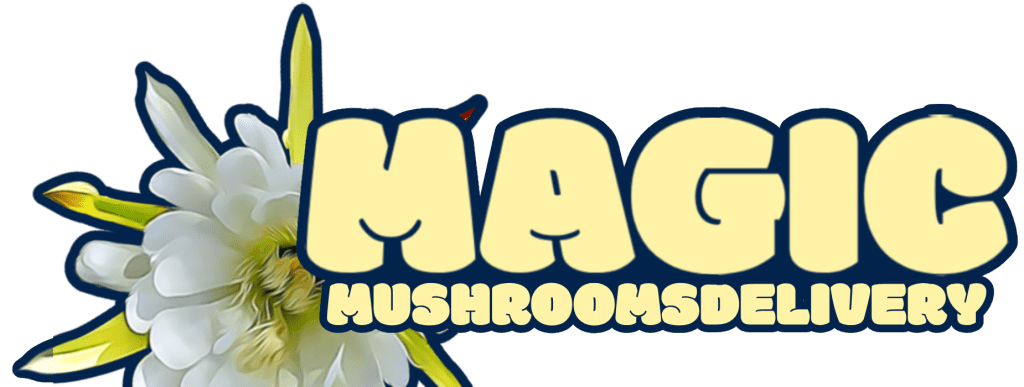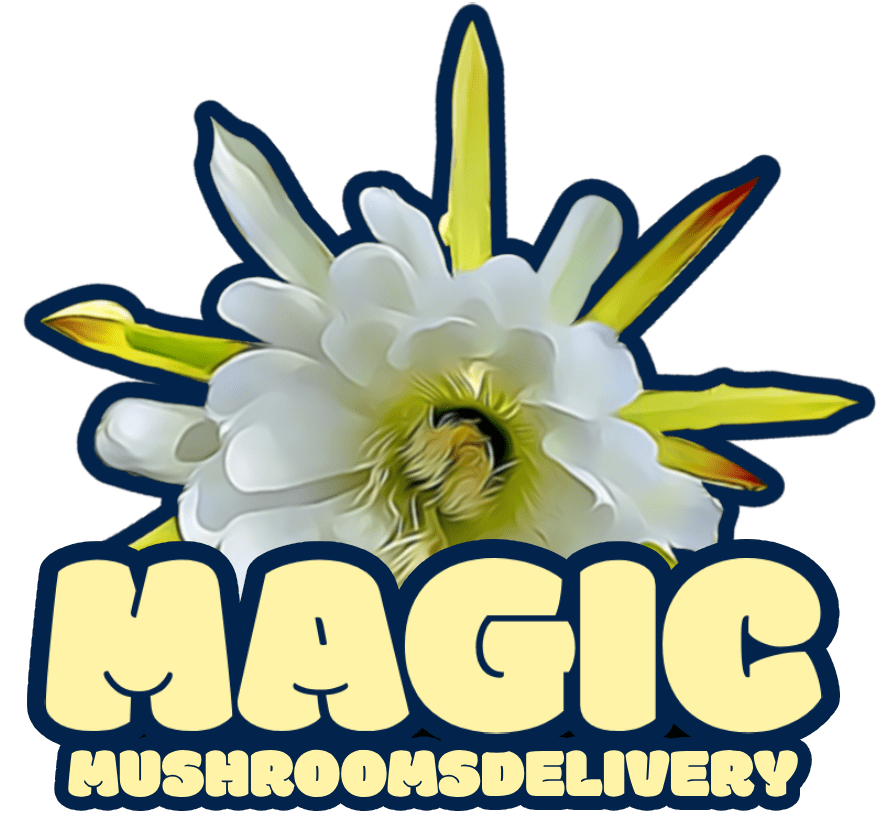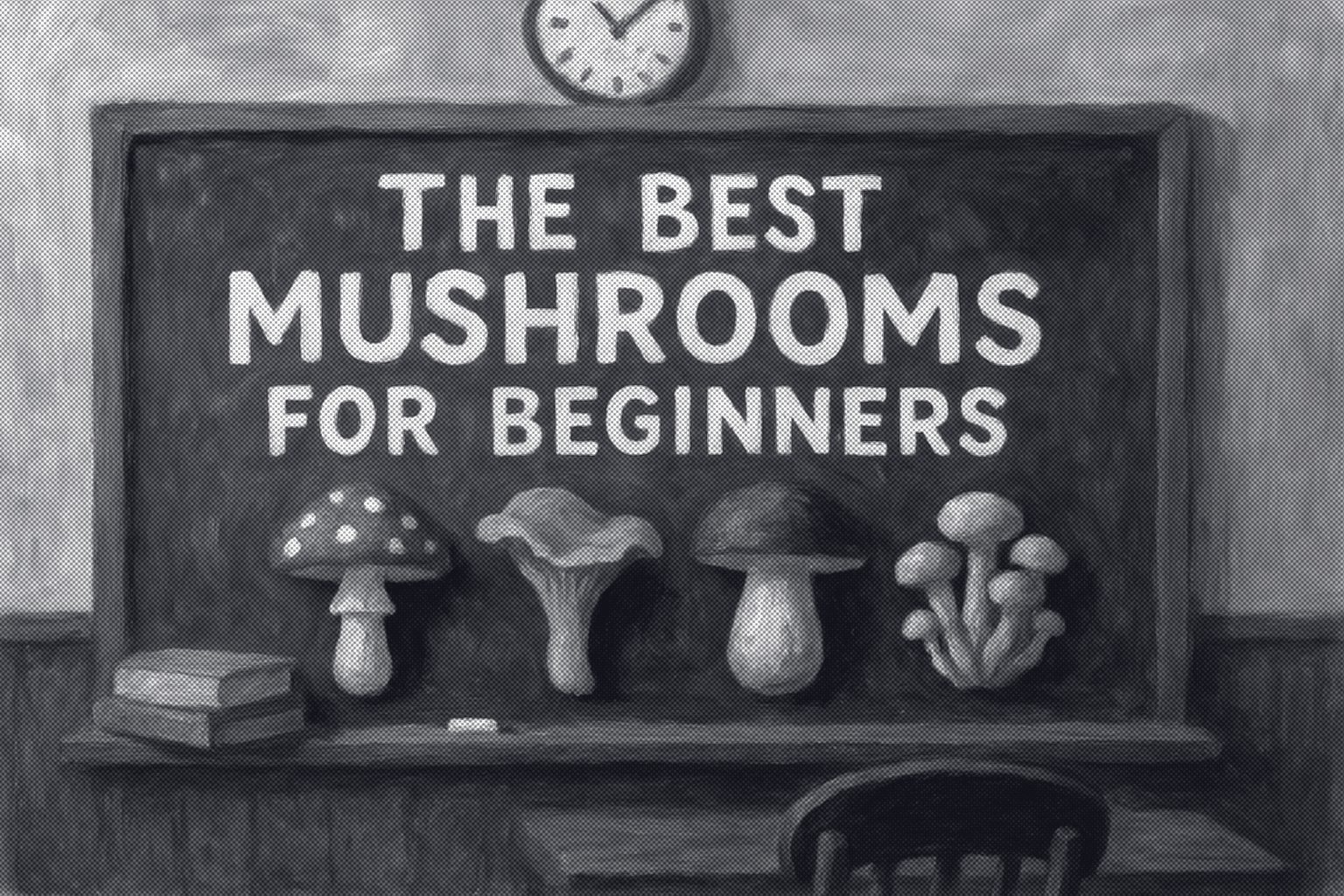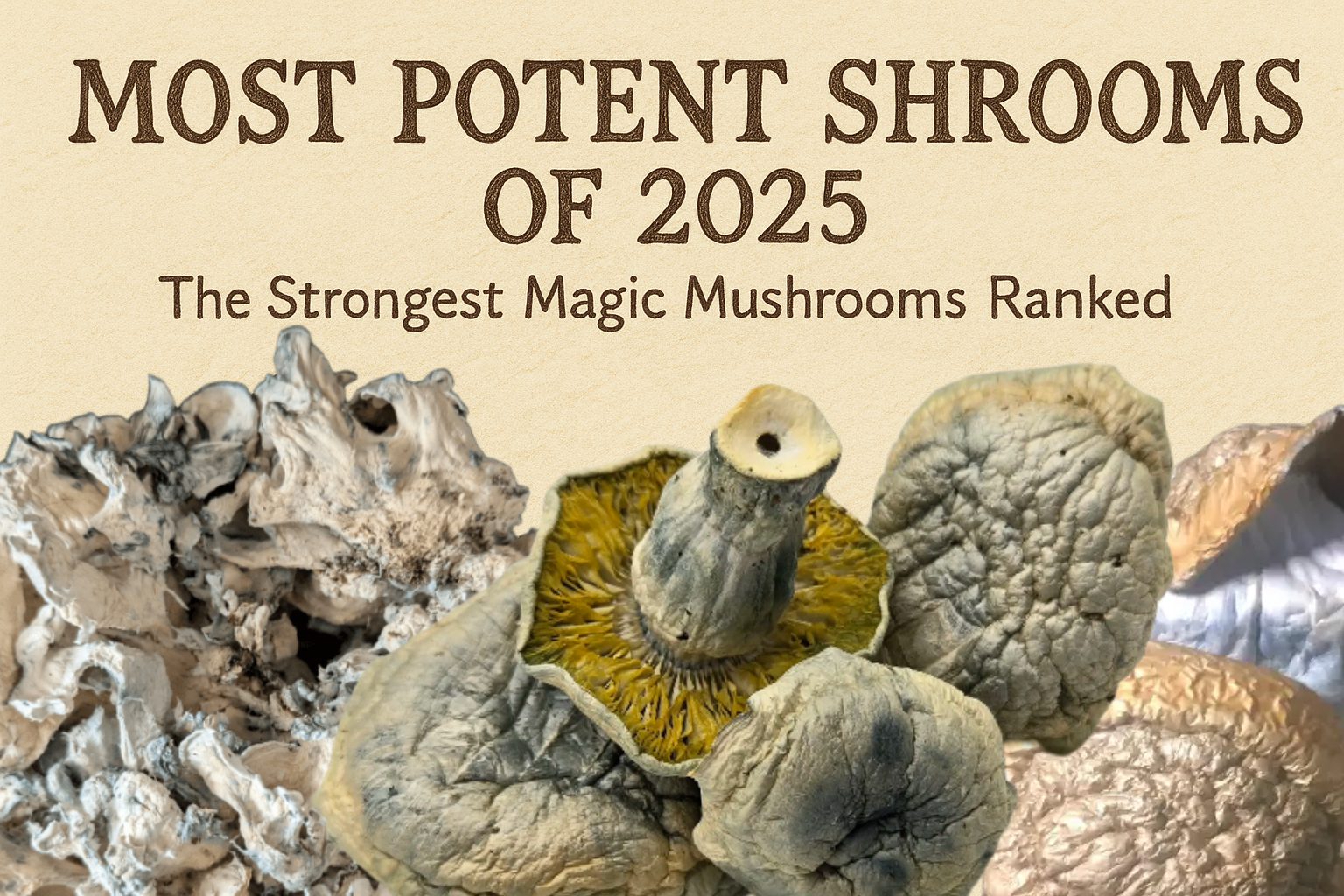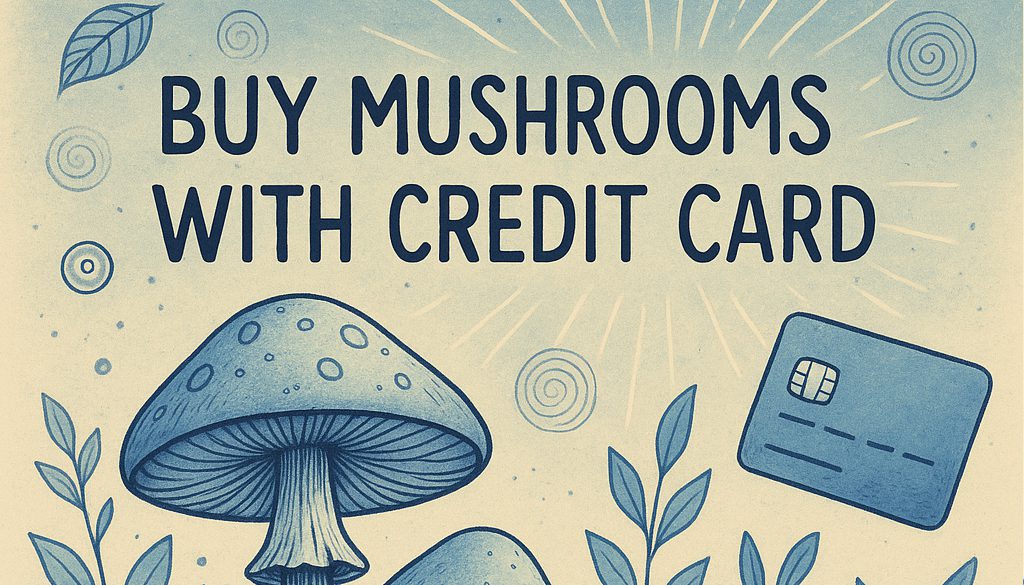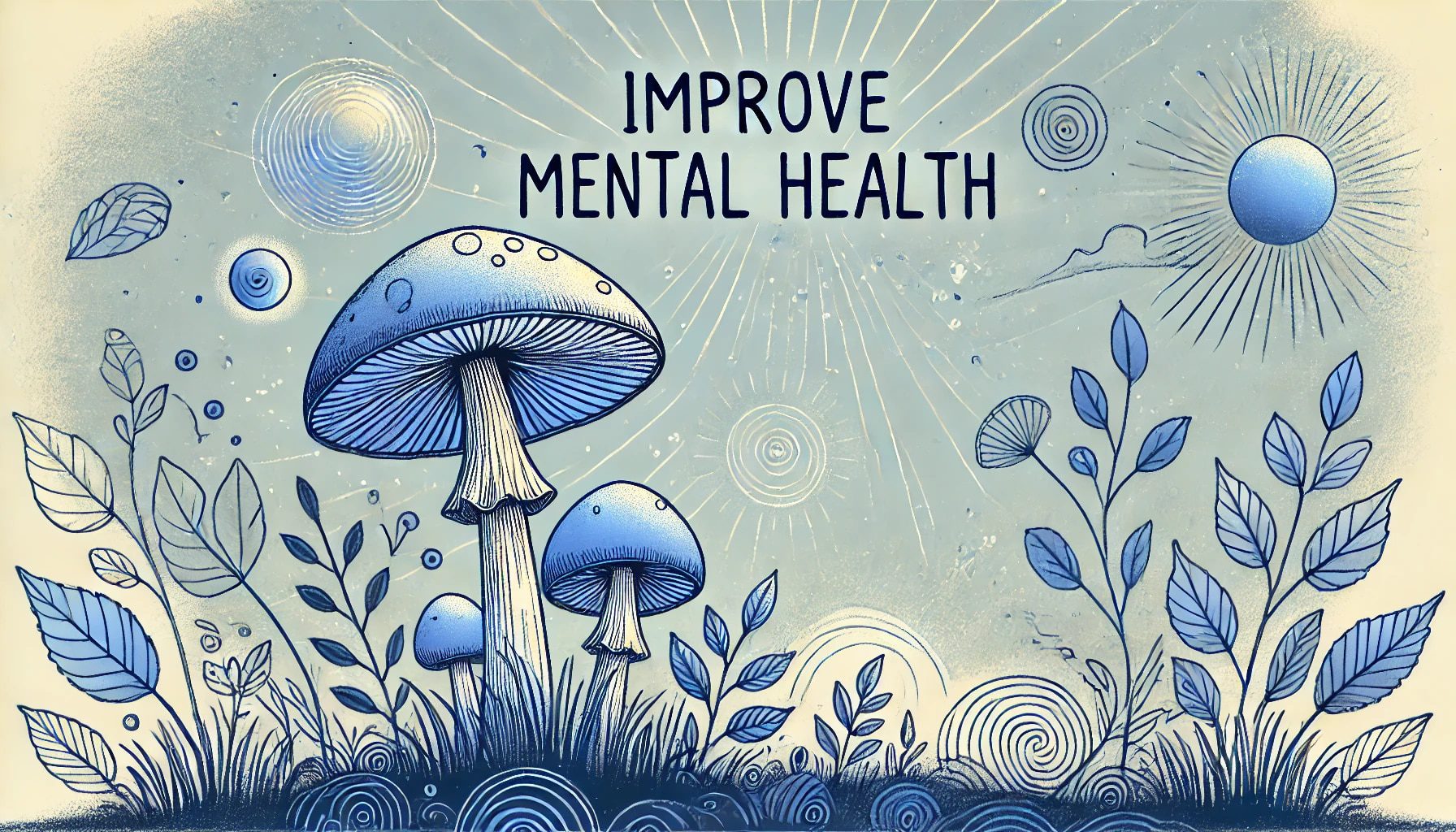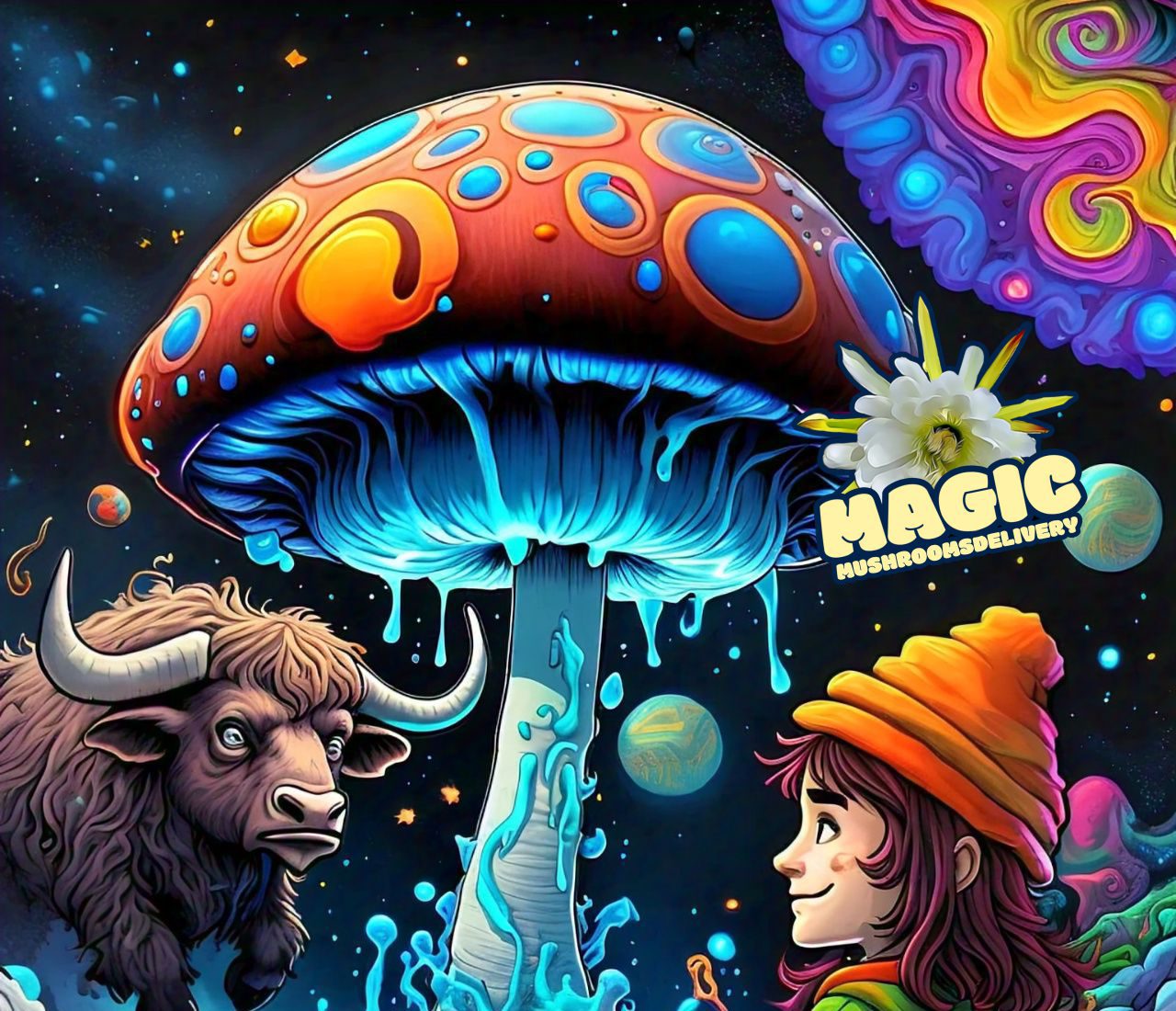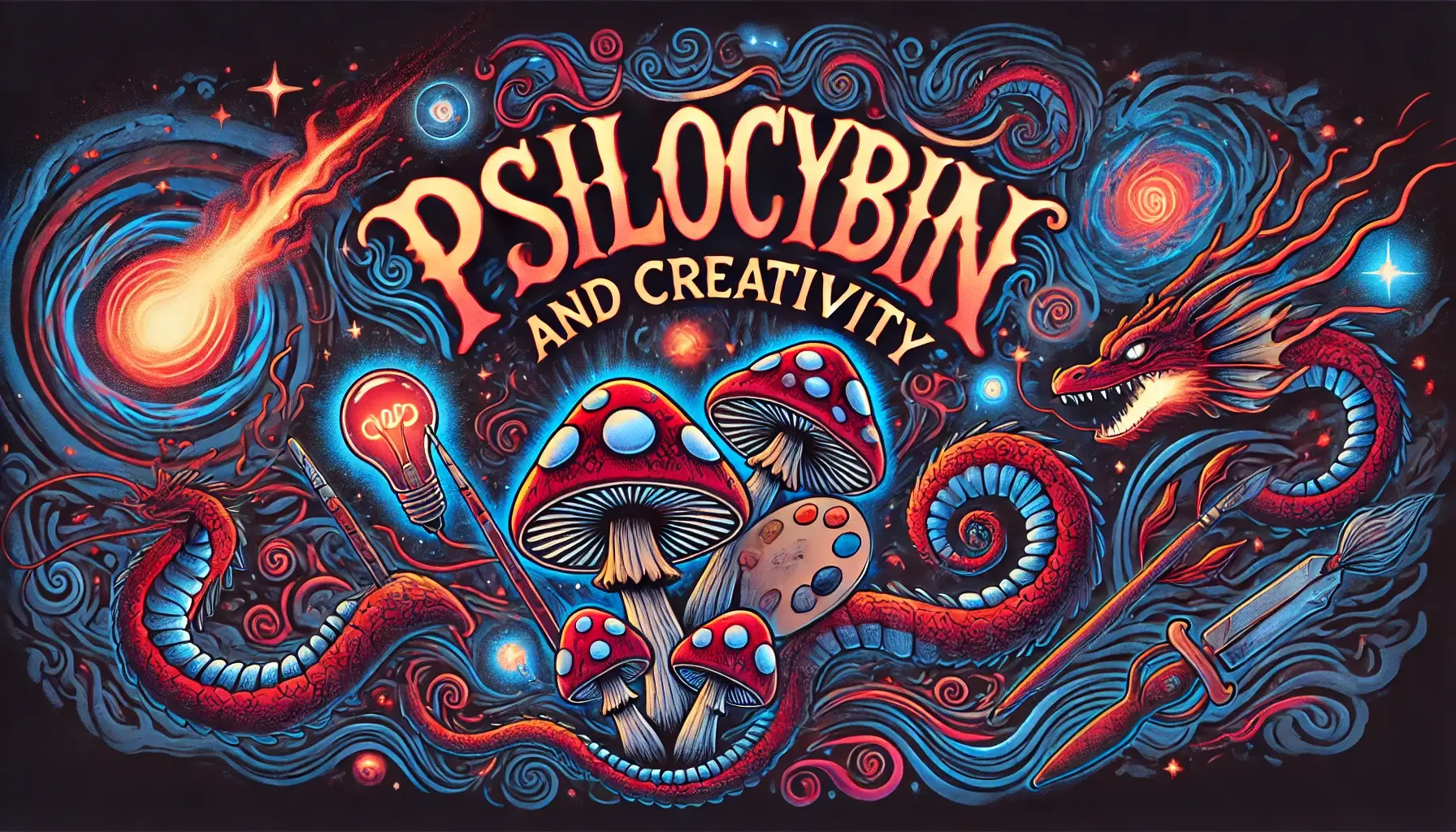

Psilocybin Makes You More Creative – Here’s How Magic Mushrooms Will Boost Your Creativity
Did you know that some of history’s greatest artists and thinkers have credited psychedelics for their creative breakthroughs? It’s true! From Steve Jobs to Aldous Huxley, many innovators have explored the fascinating world of mind-altering substances. Today, we’re diving into the intriguing relationship between psilocybin and creativity. Buckle up, because we’re about to embark on a journey that might just change the way you think about imagination and innovation!
Before we delve deeper, let’s take a quick look at some key findings that have emerged from research on psilocybin and creativity:
- Enhanced divergent thinking: Studies suggest psilocybin may boost our ability to generate multiple solutions to a problem.
- Increased neural connectivity: Brain imaging reveals new connections forming between previously unrelated areas.
- Dissolution of cognitive barriers: Users report a breakdown of mental constraints that typically limit creative thought.
- Lasting effects: Some research indicates that creative benefits may persist well beyond the acute psychedelic experience.
- Microdosing potential: Preliminary evidence hints at creativity-enhancing effects from sub-perceptual doses of psilocybin.
What is Psilocybin and How Does it Work?
Psilocybin is a naturally occurring psychedelic compound found in certain species of mushrooms, often referred to as “magic mushrooms.” These fungi have been used for thousands of years in various cultures for spiritual and medicinal purposes. The Aztecs, for example, called them “teonanácatl,” which translates to “flesh of the gods.”
When ingested, psilocybin is converted into psilocin in the body, which then acts on serotonin receptors in the brain, particularly the 5-HT2A receptor. This interaction leads to alterations in perception, cognition, and mood. Brain imaging studies have shown that psilocybin can increase connectivity between brain regions that don’t typically communicate, potentially leading to new insights and creative ideas.
The effects of psilocybin can include:
- Visual and auditory hallucinations
- Altered sense of time and space
- Increased introspection and self-reflection
- Enhanced pattern recognition
- Heightened emotional sensitivity
These changes in perception and cognition are thought to be key factors in psilocybin’s potential to boost creativity.
The Creative Mind on Psilocybin
One of the most intriguing aspects of psilocybin’s effect on creativity is its ability to enhance divergent thinking. This type of thinking involves generating multiple solutions or ideas in response to a single problem or prompt. It’s often associated with creativity and “thinking outside the box.”
A 2018 study published in the Journal of Psychoactive Drugs found that psilocybin increased divergent thinking and creative problem-solving abilities in participants. The researchers noted that this effect persisted even after the acute effects of the drug had worn off.
But it’s not just about coming up with more ideas. Psilocybin seems to break down cognitive barriers and rigid thought patterns, allowing for more fluid and associative thinking. Many users report experiencing synesthesia, a blending of senses, which can lead to unique creative insights. Imagine tasting colors or seeing sounds – these novel perceptual experiences can spark innovative ideas and artistic expressions.
Personal accounts of creative experiences while using psilocybin are often profound and transformative. Many artists, musicians, and writers have described breakthroughs in their work after psychedelic experiences. For example, the renowned author Aldous Huxley wrote extensively about his experiences with psychedelics, including psilocybin, and how they influenced his creative process.
Scientific Studies on Psilocybin and Creativity
While anecdotal evidence of psilocybin’s creative benefits has existed for decades, scientific research in this area is still in its early stages. However, several studies have provided compelling insights:
- A 2012 study found that psilocybin increased participants’ scores on tests of creative thinking, particularly in the realm of originality.
- Research published in 2016 suggested that psilocybin’s ability to induce a state of “unconstrained cognition” may be key to its creativity-enhancing effects.
- A 2021 study indicated that even a single dose of psilocybin could lead to long-lasting increases in creative thinking and problem-solving abilities.
Measuring creativity in a scientific context is challenging, but researchers typically use standardized tests such as the Torrance Tests of Creative Thinking or the Alternate Uses Task. These tests assess factors like fluency (number of ideas), flexibility (variety of ideas), and originality (uniqueness of ideas).
It’s important to note that while these studies are promising, they have limitations. Many are conducted with small sample sizes, and the subjective nature of creativity makes it difficult to quantify. Additionally, the illegal status of psilocybin in many countries poses challenges for conducting large-scale, long-term studies.
Enhancing Artistic Expression with Psilocybin
Across various artistic disciplines, creators have reported profound influences from psilocybin experiences:
Visual Arts: Many painters and sculptors describe enhanced visual perception and a deeper connection to their work while under the influence of psilocybin. Colors may appear more vibrant, patterns more intricate, and the creative process more intuitive.
Music and Sound: Musicians often report an increased ability to “feel” the music, leading to more emotive performances and innovative compositions. Some describe experiencing synesthesia, where they can “see” the music they’re creating.
Writing and Poetry: Writers have long turned to altered states for inspiration. Psilocybin can unlock new perspectives and ways of expressing ideas, potentially leading to more vivid imagery and unconventional narrative structures.
Dance and Movement: Dancers and choreographers have reported a heightened sense of body awareness and fluidity of movement under the influence of psilocybin, inspiring new forms of expression.
It’s worth noting that while psilocybin can provide inspiration, the hard work of refining and executing creative ideas still requires skill, practice, and dedication.
Top 3 Magic Mushrooms for Creativity
Amazonian Q1 Mushrooms
Amazonian Q1 mushrooms are ideal for creativity because they offer a potent combination of introspection and sensory enhancement. The effects of auditory and visual hallucinations, emotional depth, and spiritual exploration open the mind to unconventional perspectives, making them perfect for activities like art creation and spiritual exploration. The inciteful and introspective effects help users connect with their inner creativity, while the distorting visuals inspire new artistic ideas. Microdosing these mushrooms can enhance creativity, focus, and reduce anxiety, allowing for a more relaxed and imaginative mindset. Buy Amazonian mushrooms here.
Extraterrestrial Mushrooms
Extraterrestrial mushrooms elevate creativity with a euphoric, high-energy experience coupled with vivid visuals and wavy lighting effects. These qualities make them especially effective for stimulating the senses and sparking new ideas in dynamic settings, such as music festivals or small gatherings. The intense and spiritual effects also foster a deeper connection to the creative process, helping users explore new artistic dimensions. When microdosed, they provide benefits like stress relief, mood enhancement, and improved focus, which further enable sustained creativity over time. Buy Extraterrestrial mushrooms here.
Penis Envy C2 Mushrooms
Known for their strong potency, Penis Envy C2 mushrooms are a go-to choice for enhancing creativity due to their unique combination of emotional energy, laughter, and vivid visual effects. These mushrooms are particularly suited for group settings or dynamic activities like a night out, where social and environmental stimuli can inspire artistic ideas. The strain’s inciteful nature and energy-boosting effects make it excellent for breaking through creative blocks. When microdosed, Penis Envy C2 supports creativity by improving focus, reducing stress, and enhancing mood, offering a balanced state of inspiration and productivity. Buy Penis Envy mushrooms here.
Problem-Solving and Innovation Under the Influence
Beyond the realm of traditional arts, psilocybin has been credited with sparking innovative solutions to complex problems. One famous example is the discovery of the structure of DNA. Francis Crick, one of the scientists awarded the Nobel Prize for this breakthrough, reportedly told colleagues that he had visualized the double helix structure while under the influence of LSD (a psychedelic with effects similar to psilocybin).
In the tech world, Steve Jobs famously stated that taking LSD was “one of the most important things” he had done in his life, crediting it with influencing his creative approach to technology and design.
While these anecdotes are compelling, it’s crucial to approach them with a critical eye. Not every psychedelic experience leads to world-changing innovations, and the role of prior knowledge, expertise, and hard work in these breakthroughs cannot be discounted.
That said, psilocybin’s ability to foster “out-of-the-box” thinking may have applications beyond individual creativity. Some researchers are exploring how psychedelic-inspired approaches could be applied to fields like environmental conservation, conflict resolution, and technological innovation.
Potential Risks and Considerations
While the potential benefits of psilocybin for creativity are intriguing, it’s crucial to consider the risks and legal implications:
Legal Status: Psilocybin is illegal in many countries, classified as a Schedule I substance in the United States. However, some jurisdictions are beginning to reconsider this classification for medical and research purposes.
Psychological Risks: Psilocybin can exacerbate underlying mental health conditions and may trigger anxiety or panic reactions, especially in uncontrolled settings. It’s not recommended for individuals with a history of psychosis or certain other mental health disorders.
Set and Setting: The importance of a safe, comfortable environment and a positive mindset cannot be overstated when using psychedelics. Negative experiences (“bad trips”) are more likely to occur in challenging or unfamiliar environments.
Integration: The insights gained during a psilocybin experience may be profound but can also be difficult to interpret or apply in everyday life. Many users find that integration practices, such as journaling or discussing the experience with a therapist, are crucial for deriving lasting benefits.
It’s worth noting that there are many non-psychedelic methods for enhancing creativity, including meditation, mindfulness practices, and various cognitive techniques. These can be effective and carry fewer risks than psychedelic use.
Microdosing: A Subtler Approach to Creativity Enhancement
In recent years, the practice of microdosing – taking sub-perceptual doses of psychedelics – has gained popularity as a potential method for enhancing creativity and cognitive function. Proponents claim that microdosing psilocybin can lead to:
- Improved focus and concentration
- Enhanced mood and reduced anxiety
- Increased creativity and problem-solving abilities
- Greater emotional awareness
The idea is to take a dose small enough that it doesn’t cause hallucinations or significant alterations in consciousness, but large enough to produce subtle cognitive effects. Typically, this involves taking about one-tenth of a regular dose every few days.
While anecdotal reports of microdosing benefits are numerous, scientific research in this area is still limited. Some studies have suggested potential benefits, while others have found effects comparable to placebo. More rigorous research is needed to understand the true effects of microdosing on creativity and cognitive function.
Integrating Psilocybin-Induced Insights into Creative Practice
For those who do choose to explore psilocybin for creative purposes, integration is a crucial step. Here are some techniques for capturing and preserving psychedelic insights:
- Journaling: Keep a detailed journal of your experiences, insights, and ideas.
- Audio or Video Recording: Record your thoughts during or immediately after the experience.
- Artistic Expression: Create art, music, or writing inspired by your experience.
- Meditation: Use mindfulness practices to reflect on and process your insights.
Translating altered state experiences into tangible creative output can be challenging. It often requires a balance between honoring the novelty of psychedelic insights and applying disciplined creative work. Many artists find that their most innovative ideas come during the psychedelic experience, but the refinement and execution of these ideas happen during sober periods.
Building a supportive community can also be valuable for psychedelic creatives. This might involve connecting with other artists who use psychedelics, joining integration circles, or working with therapists who specialize in psychedelic integration.
Charting the Future of Psychedelic Creativity
As we’ve explored, the relationship between psilocybin and creativity is complex, fascinating, and full of potential. From enhancing divergent thinking to dissolving cognitive barriers, this psychedelic compound seems to have a unique ability to unlock new realms of imagination and innovation.
However, it’s crucial to approach this topic with both open-mindedness and caution. While the creative benefits of psilocybin are intriguing, they must be weighed against the legal, ethical, and health considerations. As research in this field continues to evolve, we may gain a deeper understanding of how to harness the creative potential of psychedelics safely and effectively.
Whether you’re an artist seeking new inspiration, an innovator looking to solve complex problems, or simply someone curious about the frontiers of human creativity, the psilocybin-creativity connection offers much to ponder. As we move forward, it will be exciting to see how this ancient compound might shape the future of art, innovation, and creative thinking.
Disclaimer: Psilocybin is a controlled substance in many jurisdictions. This article is for informational purposes only and does not constitute medical or legal advice. Always consult with healthcare professionals and adhere to local laws and regulations.
Christina Perrows
Table of Contents
Canada’s Mushroom Dispensary
Calgary
We deliver magic mushrooms same day in Calgary. Enjoy quick delivery within 60 minutes anywhere within city limits between 10am and 9pm daily.
Canada
Canada's magic mushroom delivery service. We bring shrooms to your place in 1 - 4 days depending where you are in Canada. Shrooms near me? We have you covered.
Be first on the list to get notified about our sales, new genetics and drops before they sell out!
